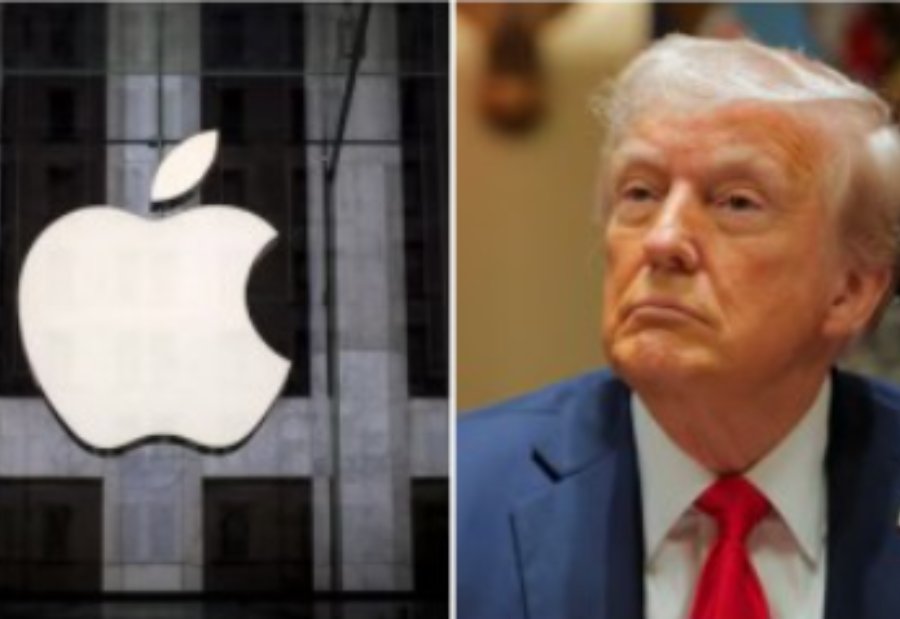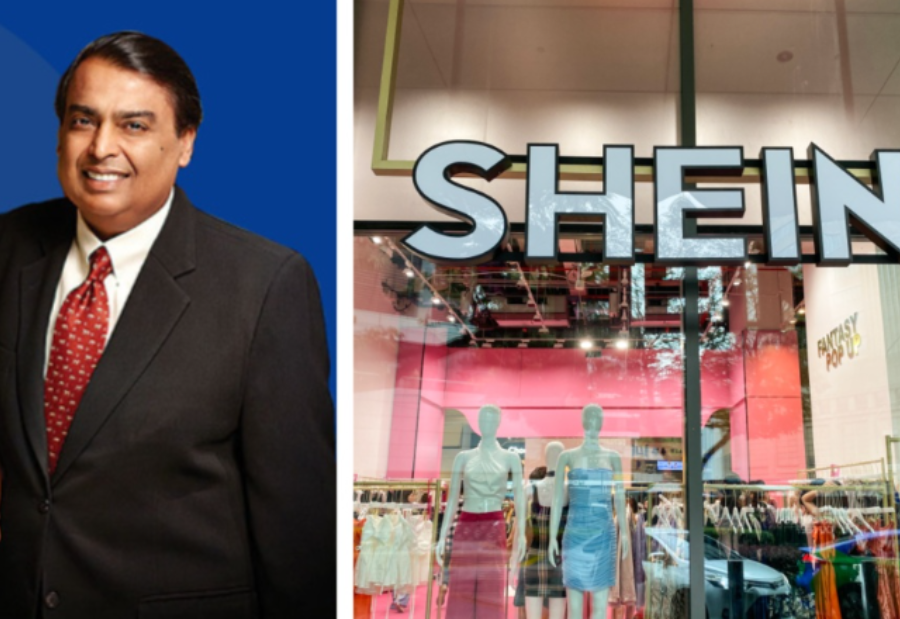In the grand theatre of American industry, a familiar call echoes once again — build at home, grow at home. Former U.S. President Donald Trump is once more championing a bold vision: to bring back large-scale manufacturing to the heart of America. His chosen tool? Hefty tariffs aimed at urging corporate giants like Apple, Dell, and others to leave behind their factories in China and relocate production stateside.
For Apple, which remains the crown jewel of global tech, this presents a complicated challenge. Despite shifting parts of its supply chain to nations like India and Vietnam, the core of iPhone manufacturing still pulses within China’s well-oiled industrial ecosystem.
Yet Trump remains undeterred. In his view, tariffs serve as a lever, one that could tip the scales back towards domestic growth, job creation, and economic strength. And nothing would better symbolize that triumph than having the world’s most valuable company assembling its most iconic product, the iPhone within U.S. borders.
Just last week, White House Press Secretary Karoline Leavitt reaffirmed this belief, spotlighting Apple’s colossal $500 billion investment pledge in America over the next four years. “If Apple didn’t think the United States could do it, they probably wouldn’t have put up that big chunk of change,” she said, with confidence shining through.
But turning dreams into devices isn’t quite so simple.
A vivid reminder of this surfaced years ago, during a private dinner in February 2011, hosted in California, where President Barack Obama gathered with some of Silicon Valley’s top leaders. Among them sat Steve Jobs, Apple’s visionary co-founder. This intimate gathering, just months before Jobs’ untimely passing in October 201, featured a revealing moment.
Obama, seeking to understand the future of U.S. industry, reportedly asked Jobs, “What would it take to make iPhones in America?” Jobs replied plainly: “Those jobs aren’t coming back.”
His reasoning was grounded in cold logistics and unmatched supply chain efficiency, things the America simply couldn’t replicate overnight. From rapid scalability to skilled labor concentrated in single cities, China’s infrastructure for electronics manufacturing has been honed for decades.
Now, years later, Trump’s policies aim to test that assumption, with Apple in the spotlight once again.
Can the tides shift? Can the iPhone truly be Made in America? Time, policy, and innovation will decide.
Also read: Viksit Workforce for a Viksit Bharat
Do Follow: The Mainstream formerly known as CIO News LinkedIn Account | The Mainstream formerly known as CIO News Facebook | The Mainstream formerly known as CIO News Youtube | The Mainstream formerly known as CIO News Twitter |The Mainstream formerly known as CIO News Whatsapp Channel | The Mainstream formerly known as CIO News Instagram
About us:
The Mainstream formerly known as CIO News is a premier platform dedicated to delivering latest news, updates, and insights from the tech industry. With its strong foundation of intellectual property and thought leadership, the platform is well-positioned to stay ahead of the curve and lead conversations about how technology shapes our world. From its early days as CIO News to its rebranding as The Mainstream on November 28, 2024, it has been expanding its global reach, targeting key markets in the Middle East & Africa, ASEAN, the USA, and the UK. The Mainstream is a vision to put technology at the center of every conversation, inspiring professionals and organizations to embrace the future of tech.




